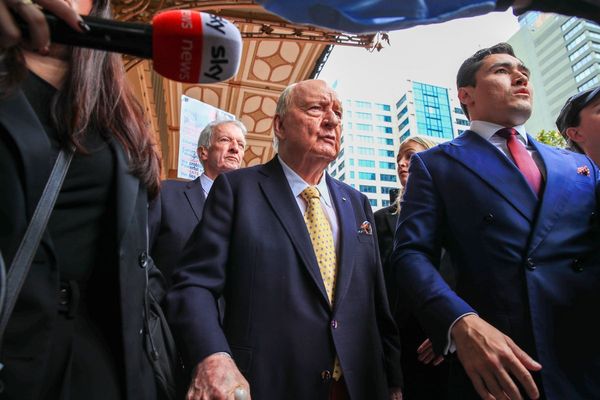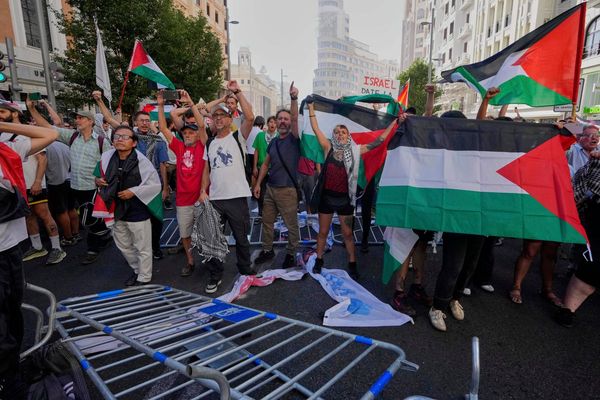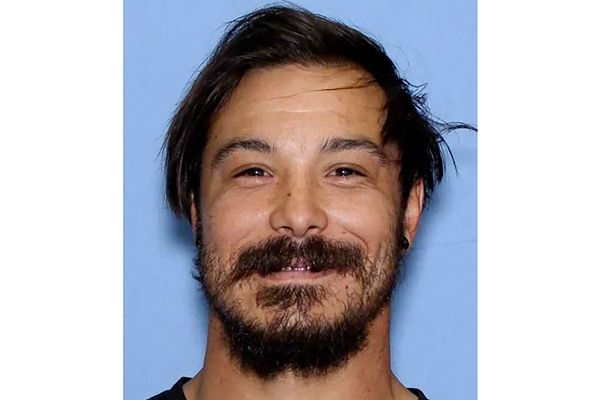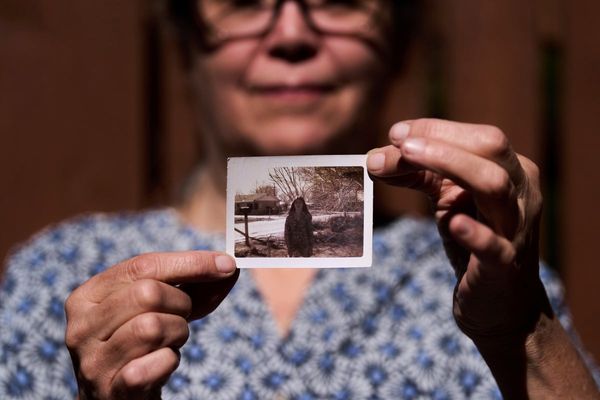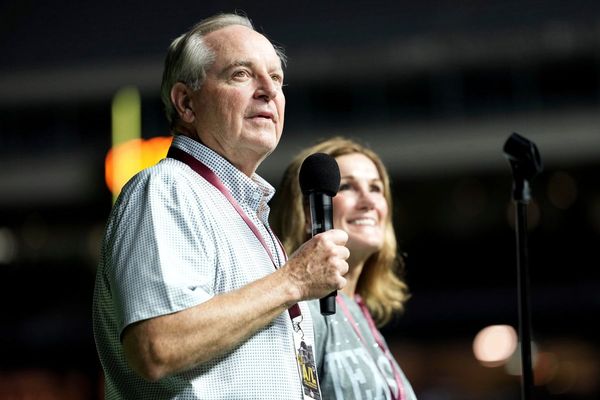
Donald Trump has told Britain it should “call out the military” to control its borders during a tightly controlled summit in which Keir Starmer ducked major flashpoints with the US president.
During a potentially difficult two-day state visit for the government, Trump has for the most part avoided exploiting tensions, although he described the UK’s plan to recognise a Palestinian state as “one of our few disagreements”.
The UK is preparing to formally acknowledge Palestine as early as Friday, after Israel failed to meet conditions that would have postponed the historic step, including a ceasefire in Gaza. Starmer insisted the timing had nothing to do with Trump’s visit.
Trump’s visit, which was officially hosted by King Charles, came at the end of a turbulent few weeks for Starmer in which he lost his deputy, Angela Rayner, and was attacked for his handling of the Peter Mandelson row, with his position as leader coming under question by his own MPs.
However, Downing Street sources said that his efforts in building a close relationship with Trump, despite criticism at home for doing so, had reaped rewards, with the pageantry of the state visit apparently helping to secure £150bn of promised investment in the UK by US companies.
At a closely managed press conference at Chequers, his official country residence, that prevented Trump taking many questions from journalists, Starmer avoided major potential bear traps, including coming under pressure over Mandelson’s links with the convicted sex offender Jeffrey Epstein.
The president dismissed a question about the former US ambassador. “I don’t know him,” he said, even though the pair have met previously, including for talks on whisky tariffs in the Oval Office this month. Trump has previously praised Mandelson’s “beautiful accent”.
Trump ended the state visit by warning that illegal migration could destroy the UK, telling Starmer that he should follow the US in taking tough action to stop migrants unlawfully crossing its southern border.
“I think your situation is very similar. You have people coming in and I told the prime minister I would stop it, and it doesn’t matter if you call out the military, it doesn’t matter what means you use,” Trump said.
“It destroys countries from within and we’re actually now removing a lot of the people that came into our country.”
The first deportation of a Channel migrant to France took place on Thursday under Starmer’s “one in, one out” deal, with further flights due to take place in coming days.
With public concern rising over the UK’s borders, and Nigel Farage’s Reform exploiting tensions over the issue, Downing Street believes it has to stop the highly visible crossings. The UK will accept an equal number of people through a newly established safe and legal route.
Some Labour MPs have already suggested the government should send the Royal Navy into the Channel to prevent small boat crossings, an approach tried and failed under Boris Johnson in 2022 and 2023.
Starmer has also come under pressure from his own party over the situation in Gaza, and the UK is preparing to recognise the state of Palestine even though the US opposes the move.
While Starmer spoke of the “humanitarian catastrophe” unfolding in the devastated territory at Chequers, neither man condemned Israel’s actions in the strip, which has seen IDF troops pressing ahead with a ground offensive into Gaza City, forcing more people to flee their homes.
Trump, asked when he would put more pressure on Israel to halt its military offensive, focused almost exclusively on the Israeli hostages captured by Hamas. He patted the prime minister on the back when he said the group would play no part in any future government.
The US, now in effect opposed to a two-state solution as unobtainable and undesirable, has rejected the UK move as unhelpful, but Trump has decided not to make the matter a point of division with Starmer on the basis that Washington sees it as a largely symbolic act.
In a significant change of tone on the Ukraine conflict, Trump said that Vladimir Putin had “really let me down”, to the delight of British officials who had hoped to use the unprecedented second state visit to isolate the Russian president on the world stage.
“He’s killing many people, and he’s losing more people than he’s killing. The Russian soldiers are being killed at a higher rate than the Ukrainian soldiers,” Trump said.
Just a month after the US president held talks in Alaska with Putin, he admitted he had thought it would be easier to negotiate a truce between the two countries. He did not say how he would put pressure on the Kremlin to end the war but urged Nato countries to stop buying Russian oil.
In the biggest surprise of the press conference, Trump revealed the US is seeking to retake control of Bagram airbase from the Taliban after it was surrendered during the chaotic withdrawal from Afghanistan.
The US views it as an important strategic foothold in the region, which could help counter the threat of growing Chinese military might. “One of the reasons we want the base is, as you know, it’s an hour away from where China makes its nuclear weapons,” he said.
In another point of difference, Trump praised North Sea oil as a “phenomenal asset” and urged the UK to use more of it, while he dismissed wind power as a “very expensive joke”. Starmer, meanwhile, defended the importance of an energy mix, including renewables.
After Trump was shown around Chequers, he was overheard telling his hosts that he had seen every memorial on this trip and that while they were beautiful, he had had enough. The US president said he had told the king that he was welcome to the US for dinner, but that he would not expect to show him around the Lincoln memorial.
Later, on his flight back to the US onboard Air Force One, Trump claimed that Sadiq Khan had wanted to attend the state visit’s events but he had blocked it.
“I asked that he not be there,” Trump told reporters. “I didn’t want him there, I asked that he not be there.
“I think the mayor of London, Khan, is among the worst mayors in the world, and we have some bad ones.”
Khan is understood to have made it clear weeks ago that he did not seek or expect an invitation to events held for the contentious state visit.
At an event earlier on Thursday evening, Starmer said the UK-US technology pact agreed to mark Trump’s visit “put tech up there as a special feature of the special relationship”.
“It’s a special day,” he said, as he joined Jensen Huang, chief executive of the $4tn chip manufacturer Nvidia at a tech industry event in London. “AI and tech are going to be absolutely transformative,” Starmer said, as Huang announced a £2bn in investment in UK tech companies.
